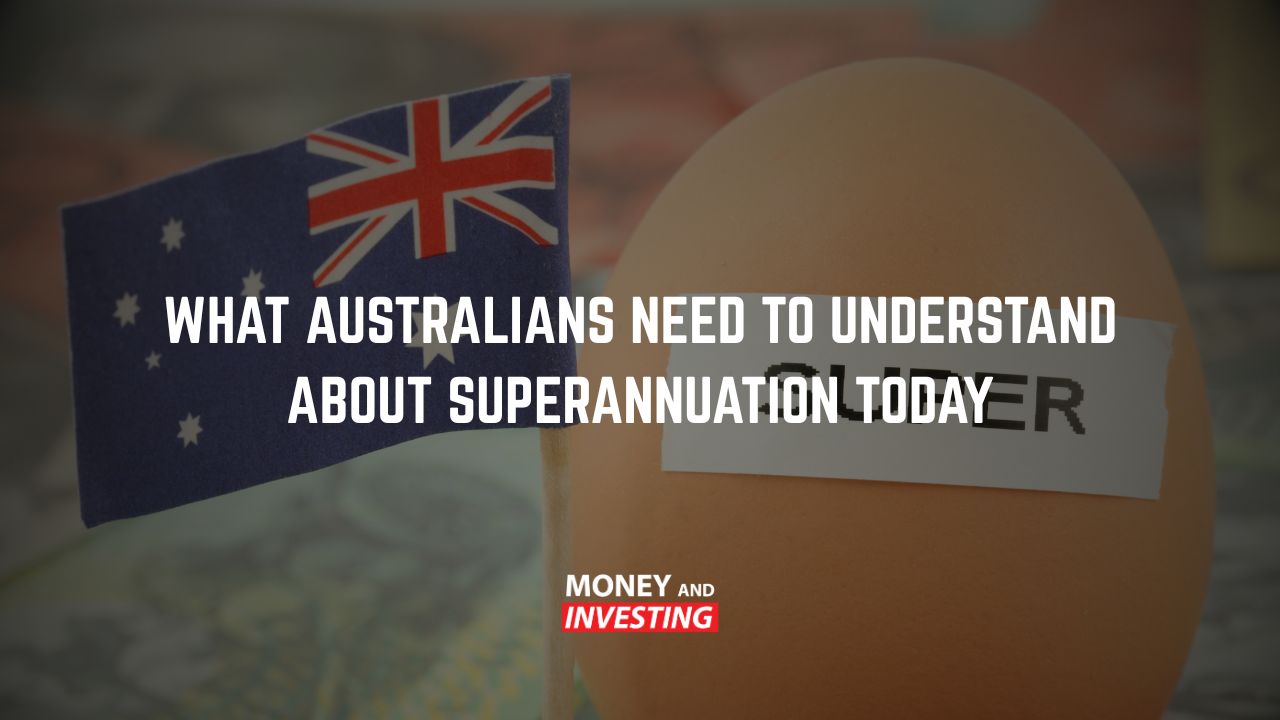Navigating the world of money in your early 20s is difficult, and many in Australia and around the world struggle to have their finances in order in the early stages of their career. Join us this week for something a bit different and we ask Mitch a few things about money in your 20s:
Getting Started
One of the main things you would have heard when it comes to investing is the importance of getting started as early as possible. Co-Host Mitch Olarenshaw explains that when he was about 19 and just starting his career with Host Andrew Baxter, he made a decision that he was going to start saving for a house. Instead of going to the party he was planning to, he decided to choose to make a sacrifice in order to get ahead. By way of learning from Andrew and his clients, Mitch took a number of steps to get started. Namely, making an effort to save as much as he could week by week, particularly once he started working full time. Saying you are going to do something is all well and good, but it is important to take that first action step to really get the ball rolling. In many cases, like this one, it can be as simple as opening a savings account with your bank.
Savings Strategy
Saving can be difficult for some and in some instances it is simply difficult to save money once all the necessities are covered. When you are young however, you typically have less responsibilities and Mitch explains that because of this he was able to save the vast majority of what he earned – about 80% in fact. One lesson he was taught early in his personal finance journey was to avoid lifestyle inflation. Usually, when people begin to earn more money their spending habits tend to increase in proportion. Over time, if you are able to curb this temptation, you will be able to save more effectively and really build a savings balance and help yourself build your future. A major component that prevents people from following suit in this sense is ego and being happy with not having the expensive things that they feel they deserve because they are earning more money. It is important to realise that it is sacrifices like this that will enable you to make the financial progress that will ultimately serve you in the long run.
Pay Rises
A common component of the modern workforce is that in their mind once they are assured they will receive a certain amount from their employer, they will deliver what is required in return. Mitch took the opposite approach and made the effort to show the value-add and overperformance and then asking for a pay rise on the back of that. Host Andrew Baxter points out that simply approaching your boss and saying “I will provide this” or “the cost of living has gone up, I need a raise” is not a strong position to negotiate from. As such, you need to being that conversation having some bargaining power and evidence that you are worth more than what you are currently being paid. In essence, many will put the cart before the horse, but the right way to go about it is to put the horse before the cart.
First Major Investment
Following some pretty strict saving, Mitch had set aside a few thousand dollars in his early days. Initially, he found the stock market was an attractive place to put his money but soon after committed to purchasing property. Many people, either by choice or by circumstance, purchase their first home to live in it. There are some grants available and some tax breaks associated with properties you own and live in, however if you are looking to accumulate multiple properties, it may not be the best avenue. Mitch made the decision to leave his ego at the door and purchase his first property as an investment property and have it rented out which helps with the mortgage repayments. In the meantime, he was paying significantly less rent at home than what he would have been otherwise. The benefit here is that your capacity to save is still great and as such you can more quickly work towards buying a second property as you get to keep a larger portion of your pay for savings.



